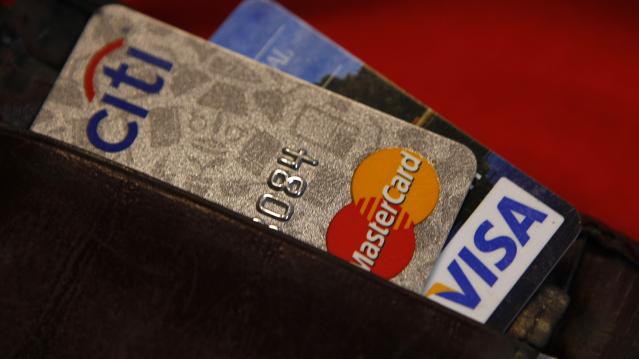Why That Annoying Fraud Alert Is Still a Good Thing

As credit card fraud has skyrocketed, issuers suspecting suspicious activity have become increasingly vigilant – sometime maybe too vigilant.
In many cases, fraud alerts are preventing consumers from making legitimate purchases. More than two-thirds of Americans who have received a fraudulent activity alert from their credit or debit card issuers have received at least one that’s inaccurate, according to a new study from CreditCards.com.
Still, card issuers have good reason to be cautious. This week, credit card scoring and analytics firm FICO said that the number of attacks on debit cards used at ATMs hit the highest level in 20 years during the first quarter of 2014
Related: How to Beat Credit and Debit Card ID Thieves
Americans remain extremely concerned about their personal data when shopping in stores, so many accept the inaccurate fraud alerts as a necessary hassle. “Most consumers we have spoken with seem to be okay with this trend,” CreditCards.com senior industry analyst Matt Schulz said in a statement.
You can avoid having your card blocked from legitimate purchases by calling your issuer or visiting their Web site to let them know you’ll be traveling, since purchases made from a new geographic area often send a red flag to card companies. Some issuers also offer text message alerts, so you can quickly and easily unblock a card for your transactions.
If you think you’ve been a victim of fraud (or if your cards have been physically lost or stolen), call your issuer immediately – most have 24/7 call centers dedicated to fraud.
Will Trump's Tax Cuts Really Happen? Economists Are Surprisingly Optimistic
Despite all the thorny questions swirling around President Trump's nascent tax reform plan, 29 of 38 economists surveyed by Bloomberg in a monthly poll said they expect Congress to cut taxes by November of next year.
The hitch: The economists don’t expect the cuts will help the economy much. The median projection of a larger group of 71 economists is for 2018 growth of 2.3 percent, up only slightly from 2.1 percent this year — and by 2019, the economists see growth slipping back to 2 percent.



